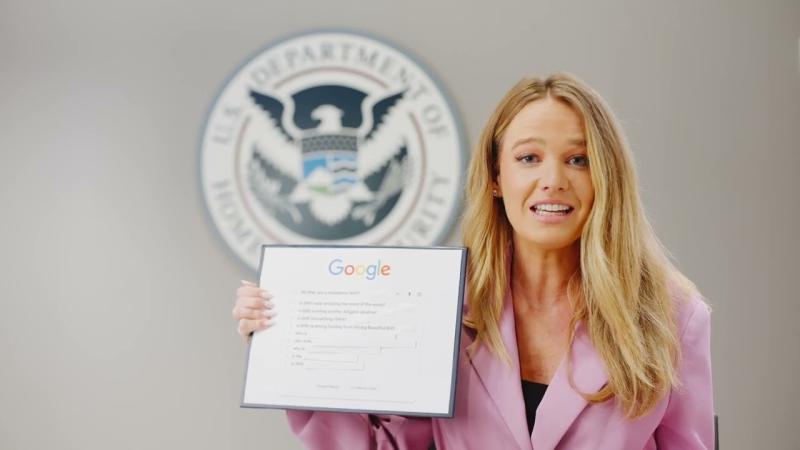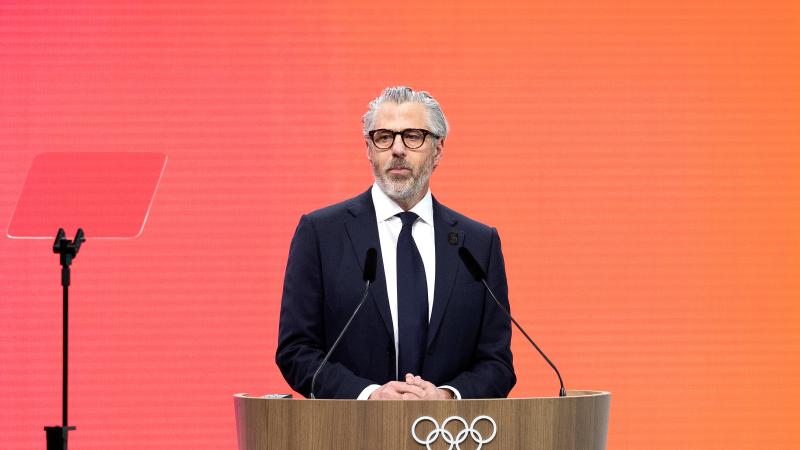Despite decades of Democrat health initiatives, Americans are sicker than ever
Over the last 15 years, Democrats have reared multiple failed health initiatives that could be reversed or altered under the Trump administration’s health leadership, leading to better overall health and a reduction in chronic diseases.
Health and Human Services (HHS) Secretary Robert F. Kennedy Jr. had a viral and heated exchange with Senator Patty Murphy, D-Wash., during a Senate Appropriations hearing last week that was supposed to focus on budget priorities for his department.
The exchange between the two went off the rails when Murray accused Kennedy of "sprinting down the road to illegally impounding billions in funding through intentional action and incompetence." She highlighted a number of programs which fall under his purview that Kennedy has considered altering or omitting.
Kennedy's came back with a mic-drop response that tied decades of growing health problems in America to the policies of Murray's party.
"Senator, you've presided here, I think for 32 years. You have presided over the destruction of the health of the American people. Our people are now the sickest people in the world, because you have not done your job," Kennedy fired back.
Data and history back up his argument.
Most recently, the COVID-19 pandemic destroyed public trust in health authorities and agencies.
In April 2020, trust sat at a reasonable 71.5%. Four years later in April 2024 it plummeted to 40.1%, according to a 50-state survey of U.S. adults led by Northeastern University’s distinguished professor of political science and computer sciences.
Apart from that devastating effect, the response to the pandemic has been roundly criticized. What should have been a health initiative for the non-vulnerable to get outside for natural vitamin D absorption, encouraging exercise, healthier diets and healthy hygiene behaviors like handwashing, turned into a nation locked down, isolated and sick.
A blend of federal and state efforts—lockdowns, mask mandates, testing, and vaccine rollouts—were utilized to control the pandemic. But it was Republican-led states like Georgia, Texas and Florida, who bucked the lockdowns and fully reopened.
Democrat-led states like California, Oregon, New York and Hawaii remained locked down with mandates in place until spring 2022.
The U.S. endured one of the highest per-capita death rates among wealthy nations (over 1 million deaths by 2022, 3,493 per million people).
Inconsistent messaging, delayed testing (only 1 million tests/day by late 2020 vs. needed 5 million), and politicized mandates eroded trust. Underfunded public health infrastructure -- CDC’s budget barely grew in real terms from 2014–2023— left agencies scrambling.
Another failed Democrat health program: former President Barack Obama’s Affordable Care Act or Obamacare. It aimed to expand healthcare access, reduce costs, and improve care quality through insurance mandates, exchanges, and Medicaid expansion.
The truth and the outcome are vastly different than its intended purpose. While it insured 20 million more people, premiums and deductibles soared.
The average family premium exploded 61% from 2010 to 2020, and as a result, bureaucracy ballooned. Rural hospital closures spiked (138 since 2010), and some argue it entrenched a profit-driven system rather than addressing root inefficiencies. As premium prices rose, coverage quality declined.
In February 2010, former First Lady Michelle Obama launched “Let’s Move,” a public health initiative aimed at reducing childhood obesity and promoting healthy lifestyles among children in the United States.
In the midst of a growing obesity pandemic, it sought to encourage healthier eating habits through school lunch programs, increase physical activity and provide better access for nutritious foods.
The reality is that obesity rates haven’t demonstrably changed: 42% of U.S. adults were obese in 2020, up from 30% in 2000. The “Let’s Move” program often focused and implemented change in individual behavior while ignoring structural issues like food desserts, subsidy-driven cheap junk food, and sedentary environments.
The Healthy Lunchbox Campaign in California backfired when free lunch bags were found to contain lead, exposing kids to health risks.
And once again, it’s Republican-led states leading the charge to remove unhealthy sodas and energy drinks from food stamps and SNAP programs. Nebraska just became the first state to receive a federal waiver to ban the purchase of soda and energy drinks under the SNAP program.
In a news conference last month, Nebraska’s Republican Gov. Jim Pillen said: “There’s absolutely zero reason for taxpayers to be subsidizing purchases of soda and energy drinks. Snap is about helping families in need get healthy food into their diet, but there’s nothing nutritious about the junk we’re removing with today’s waiver.”
Arkansas, West Virginia, Iowa, Kansas, Indiana, and Colorado have also submitted requests for waivers banning certain unhealthy foods and drinks.














